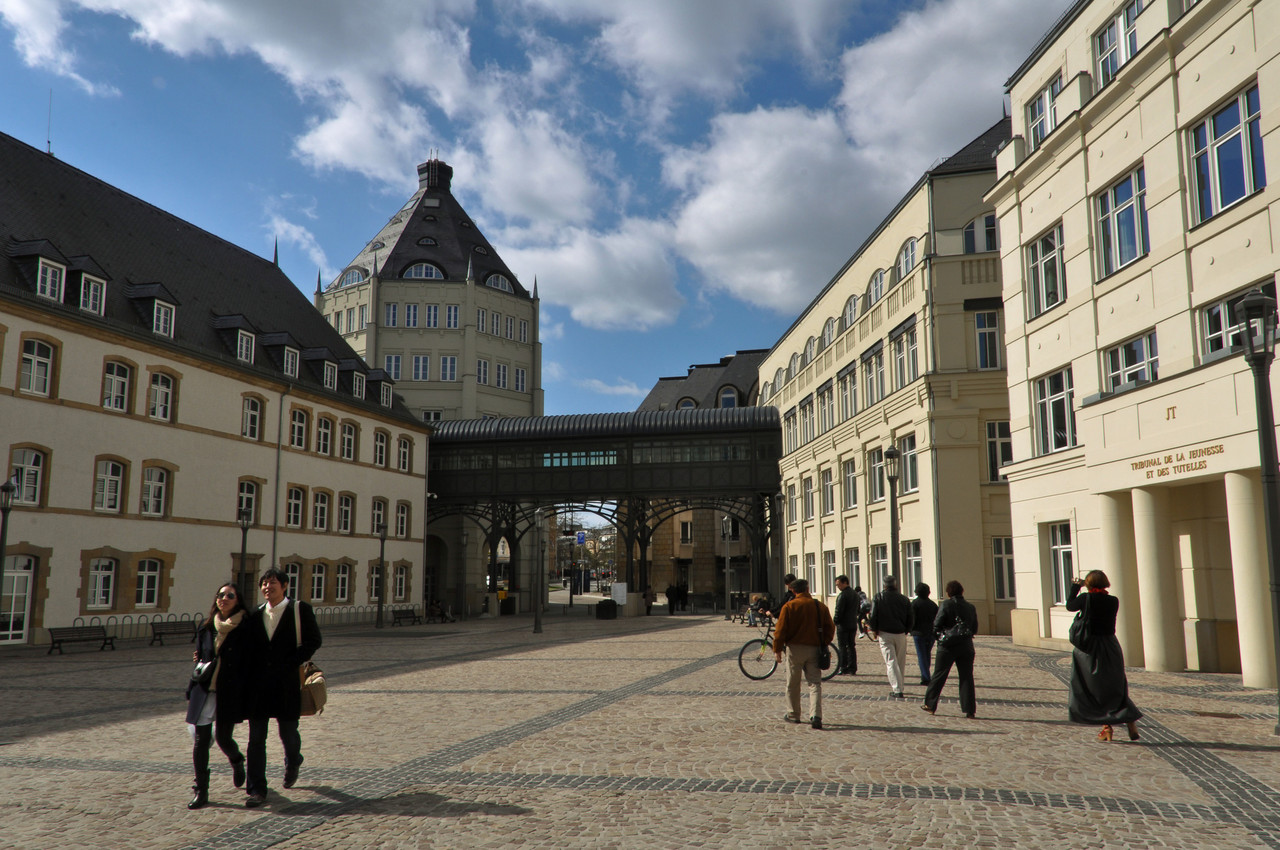The European Commission’s report on the efficiency of the justice system has just been unveiled. It assesses the judicial systems of 44 countries (based on data for 2022), including some outside the EU, such as Kazakhstan, Israel and Morocco. The report focuses in particular on the budget of the judicial system, i.e., the budgets allocated to the courts, the public prosecutor’s office and legal aid. These are the three components common to all the states on which the Cepej bases its assessment and comparisons. This is an essential element to take into account, according to the Cepej, because “a well-structured and adequately funded budget for the judicial system is essential for reliable and effective justice. Financial stability and sustainability guarantee the independence of the judiciary, allowing judges to make decisions free from influence. Adequate funding also contributes to the efficient operation of the courts, the timely handling of cases and improved access to justice. It also supports legal aid services and promotes better access to justice.”
Among the countries that invest the most in their judicial system, Luxembourg is in the highest bracket. In first place in the ranking of the budget for each judicial system is Switzerland, with €245.60 per inhabitant, followed by Monaco (€217.40 per inhabitant) and Luxembourg (€193 per inhabitant). But if we look at the proportion of GDP devoted to the judicial system, Luxembourg is no longer among the leaders (0.16% of GDP), falling well behind Germany (0.30% of GDP), Montenegro (0.76%) and Bulgaria (0.55%). “This reflects the commitment of the least wealthy countries to support the judicial system as a fundamental pillar of the rule of law,” notes Cepej. If we take the total of the countries studied, the budget for the judicial system has been rising overall since 2014. The report shows that in Luxembourg, the amount has increased by 14%.
Luxembourg: not the most generous when it comes to legal aid
The report also looks at legal aid, defined as “aid provided by the state to people who do not have sufficient financial means to obtain legal advice/assistance or to defend themselves in court.” It is an important element in guaranteeing access to justice for all. As such, the ECHR guarantees the right to free legal aid in criminal proceedings, subject to certain conditions.
According to Cepej, “countries with a GDP per capita of more than €20,000 allocate the most funds to legal aid.” But a closer look reveals some nuances, as Luxembourg, which is among the countries with the highest GDP per capita, is far from being the one that allocates the most funds to legal aid: €11.93 per capita on average. Much less than Iceland, the most generous country (€50.70), Norway (€31.11) or Sweden (€30.97). In Luxembourg, 865 cases per 100,000 inhabitants received legal aid.
About professionals
The Cepej report also looks at the issue of human resources in the field of justice. The number of professional judges in relation to the population varies greatly from one country to another, but the report highlights a certain homogeneity if we look at geographical areas. For example, “the vast majority of countries in Central and South-Eastern Europe have a ratio of more than 20 judges per 100,000 inhabitants. These are essentially countries whose legal systems have been influenced by Germanic law. In addition, Eastern European countries traditionally have a high number of judges and non-judge staff per inhabitant. Conversely, the countries of Western and Southern Europe, whose legal systems are based on Nordic law, common law or Napoleonic law, have a lower number of professional judges per 100,000 inhabitants, in most cases less than 15,” the institution explains in detail. Luxembourg has a good record in terms of parity: 72% of its judges are women.
Luxembourg has 35.1 judges per 100,000 inhabitants. It differs markedly from its direct neighbours, where the number of judges per 100,000 inhabitants is much lower: 11.3 in France, 14.4 in Belgium and 24.7 in Germany. The European average is 21.9 per 100,000 inhabitants. France also stands out for the attractiveness of a career as a judge. It is the country with the highest ratio of applicants to recruits, at 72% compared with 20% for the average of the countries evaluated. Luxembourg also has 9.8 public prosecutors per 100,000 inhabitants, compared with an average of 12.2 in other countries. According to the report, prosecutors in Luxembourg have a heavier workload than elsewhere. The document also states that 52% of prosecutors are women.
In terms of pay, a judge in Luxembourg earns 1.1 times more than the average gross national salary at the start of his or her career, i.e. €96,084, and up to €169,916 at the end of his or her career. This represents a pay rise of around 32.7%.
In Luxembourg: more efficiency in civil than in administrative matters
To measure the efficiency of a judicial system, Cepej examines the clearance rate and disposition time, an indicator that measures the time taken to resolve a case. In this respect, Serbia and Montenegro are the countries with the longest resolution times. When it comes to administrative cases at first instance, Luxembourg falls into the “backlog generation” category, “due to an increase in certain categories of cases resulting from legislative changes (e.g., cases relating to real estate and social benefits),” the report explains. Its resolution rate was 92% in 2022 and its clearance time 528 days on average. For contentious civil and commercial cases, the country has done better and is ranked in the “standard” category, which means that it has “improved its overall efficiency” in this type of case, with a clearance rate this time of 98% and an average resolution time of 182 days.
This article was originally published in .
